The former Korean president Roh MooHyun sings satirical lyrics to the fast-paced and upbeat song “Fashion City.” The viral video features a chaotic compilation of hyper-edited and out-of-context clips of the leader, all meticulously synced to the rhythm of the music. Its catchy hook and symbolic portrayal of President Roh immediately captivated the internet and racked up 16 million views.
Of course, this is not actual footage—rather, it is a well-known example of political memes. A unique and valuable aspect of Korean culture, this content not only targets Gen Z voters but also shapes digital culture, emerging as a leading mode of molding insight into political events.
Initially, political trends originated from online communities that intended to make fun of politicians. Far-right online communities such as the Daily Best Archive and Dcinside weaponized this form of criticism. From Moonke Jaeger, a satirical representation of President Moon to a character from a Japanese animation, to 홍어, a slur used to refer to liberal supporters, these memes found their place as key items that unified the users with a mutual interest network.
In particular, this content has garnered massive attention in politics among the Gen Z community. When these memes met social media, the hub of cultural fads, it was as if fish met water. The clips’ unique ability to simplify complex sociopolitical issues into digestible content stamped an impression to the public that politics is an accessible and comprehensible subject—in contrast to how the majority perceived it as complicated in the past.
Such digitized content has indeed become a culture. “I often share political memes with my friends. Political memes are not just for communication anymore; they’ve become a culture and established themselves in our daily lives. In a single political meme, we can see innovation, openness, and balance,” said MH (anonymous), a user of Daily Best Archive.
Naturally, political memes have played a significant role in increasing the involvement of young citizens in politics. The numbers reflect the trend: a poll for the last presidential election revealed that nearly 90% of Gen Z voters would cast the ballot—a large jump from the 55% of 2007. Though Korea’s inverted population pyramid includes far more senior citizens than any others, this change helped youths to create a balanced voice in the central government.
Students also recognize the influence of political satire. “Political memes play a significant role in shaping public opinion and engaging younger generations in politics. To capture those votes, major political parties, including ours, hire many internet advertising advisors,” said Tommy Jang, a senior and a member of the New Reform Party (개혁신당).
Furthermore, online content became a powerful tool for election candidates. Take, for example, candidate Hong Joon-Pyo who caught attention by embracing political memes as his main advertisement strategy. Calling himself 홍카콜라, a term inspired by Coca-Cola, he framed himself as a bold and outspoken politician. His use of digital culture resonated with voters, securing him second place in the 20th presidential primaries, only 6.4% behind Yoon.
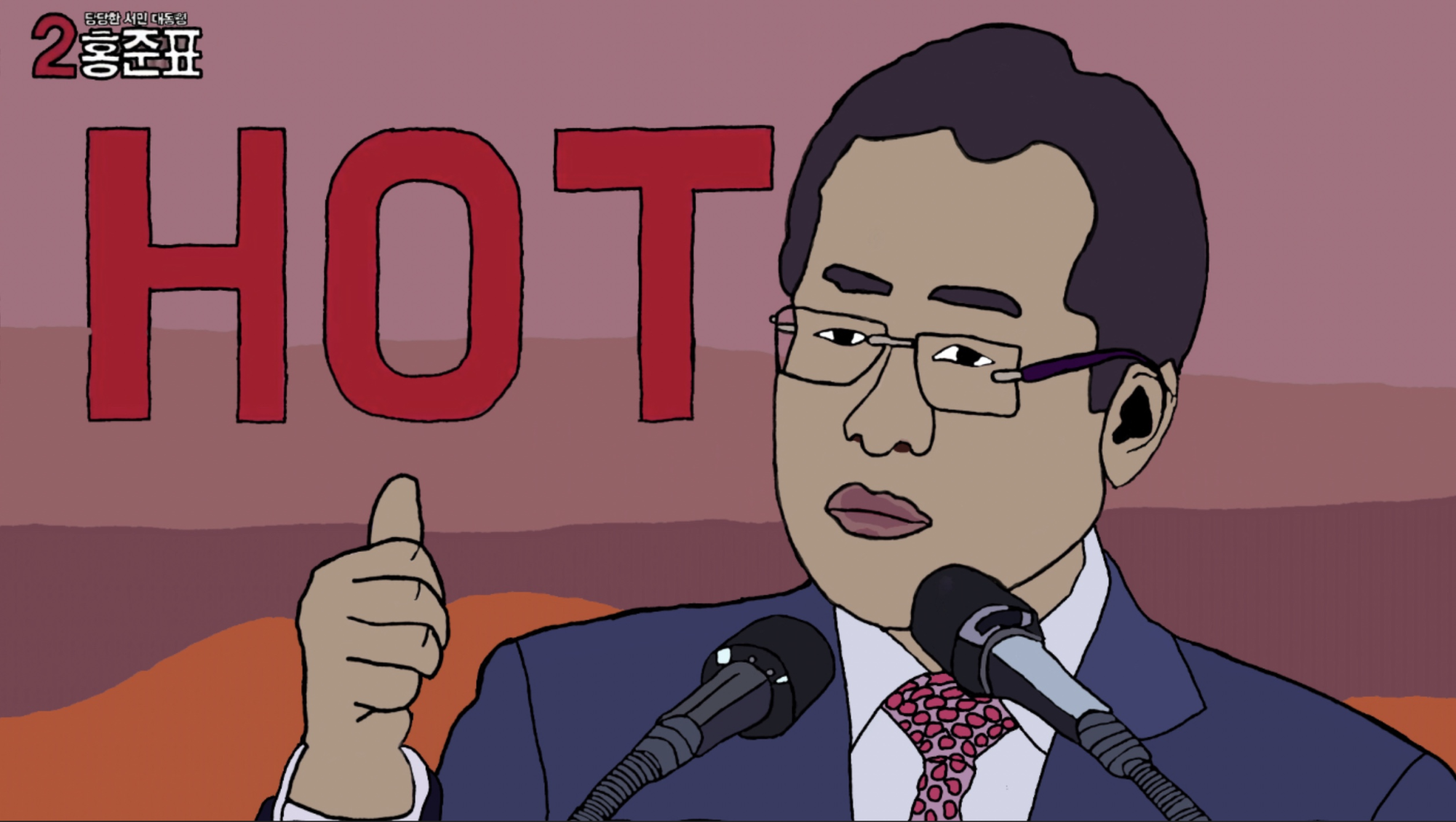
However, such short-form media content often crosses moral boundaries and fosters extremist ideals. For example, users of Daily Best Archive mocked former president Roh’s tragic death with comical songs and edited photos, which immediately received backlash from many Koreans. “What some of the extremist far-right organizations have been doing is very past the line…making fun of someone’s death isn’t right,” Jang said.
While political memes may undermine grave matters through their imprudent nature, they breathe life into the Gen Z political scene. This novel era of fresh, humorous yet shrewd political culture would continue to impact the future political landscape.



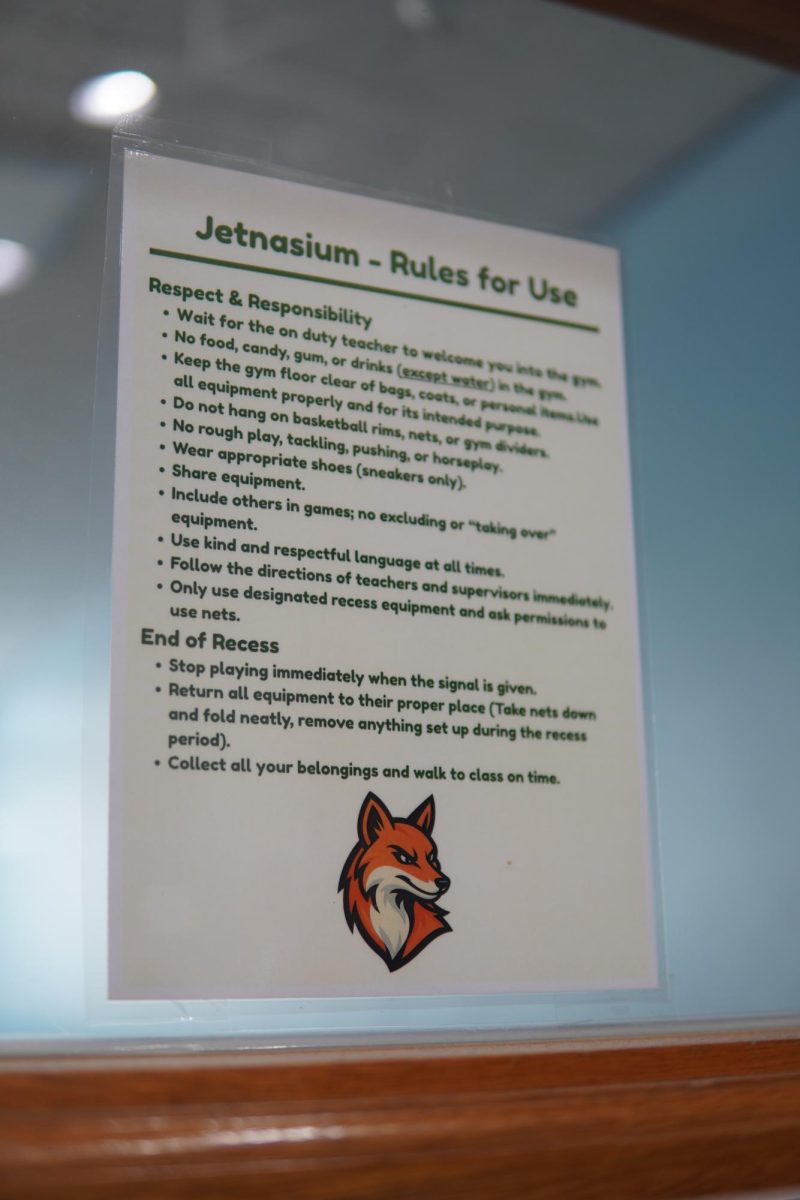
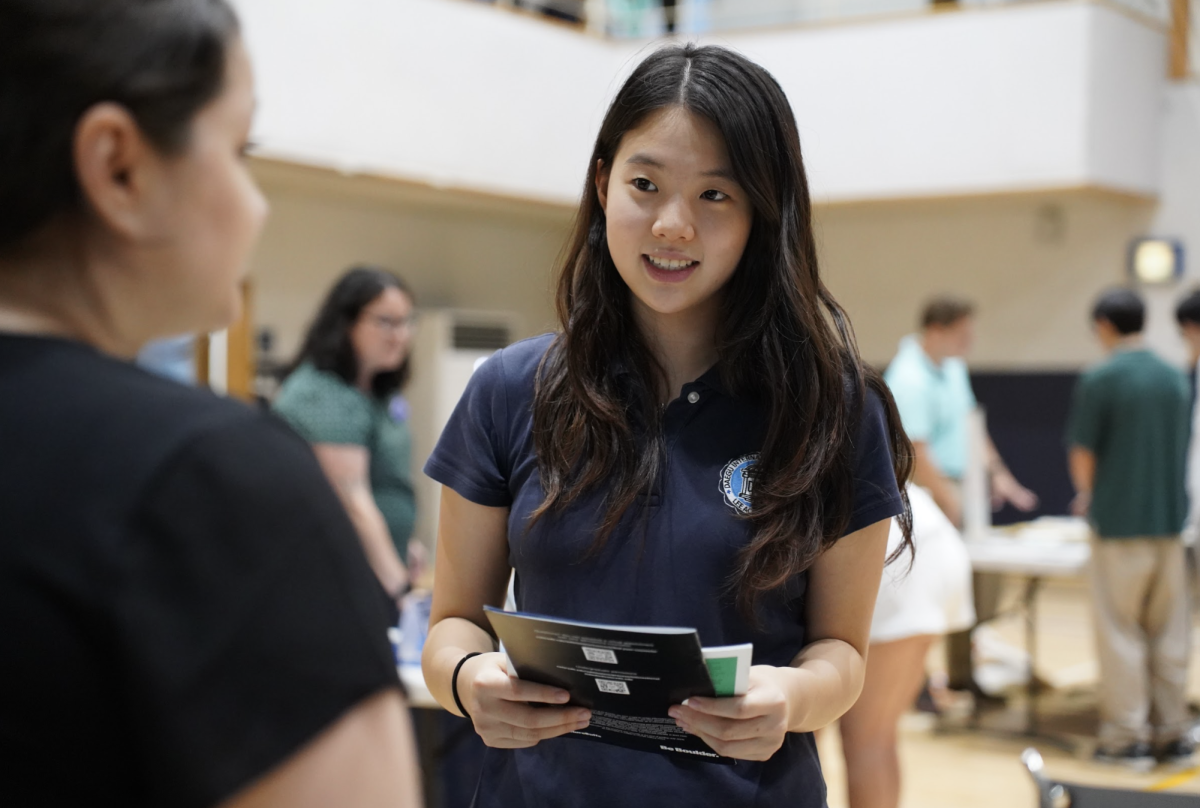
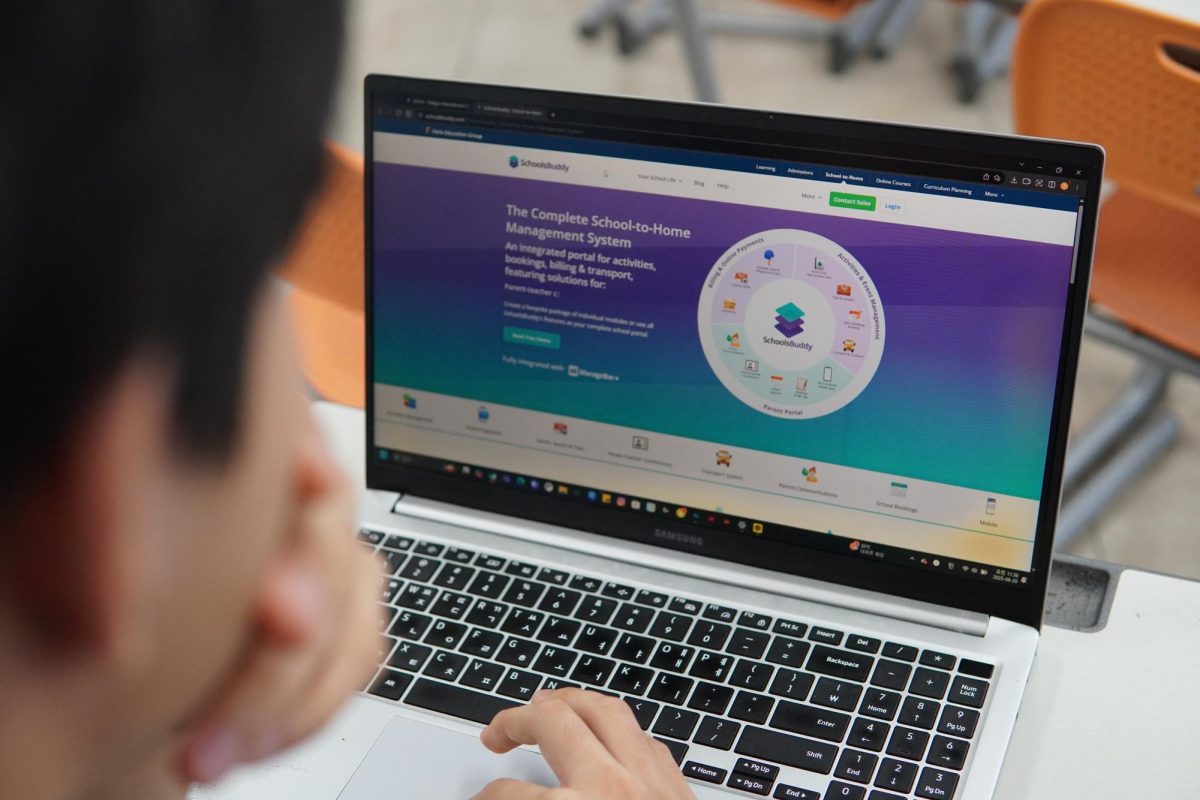
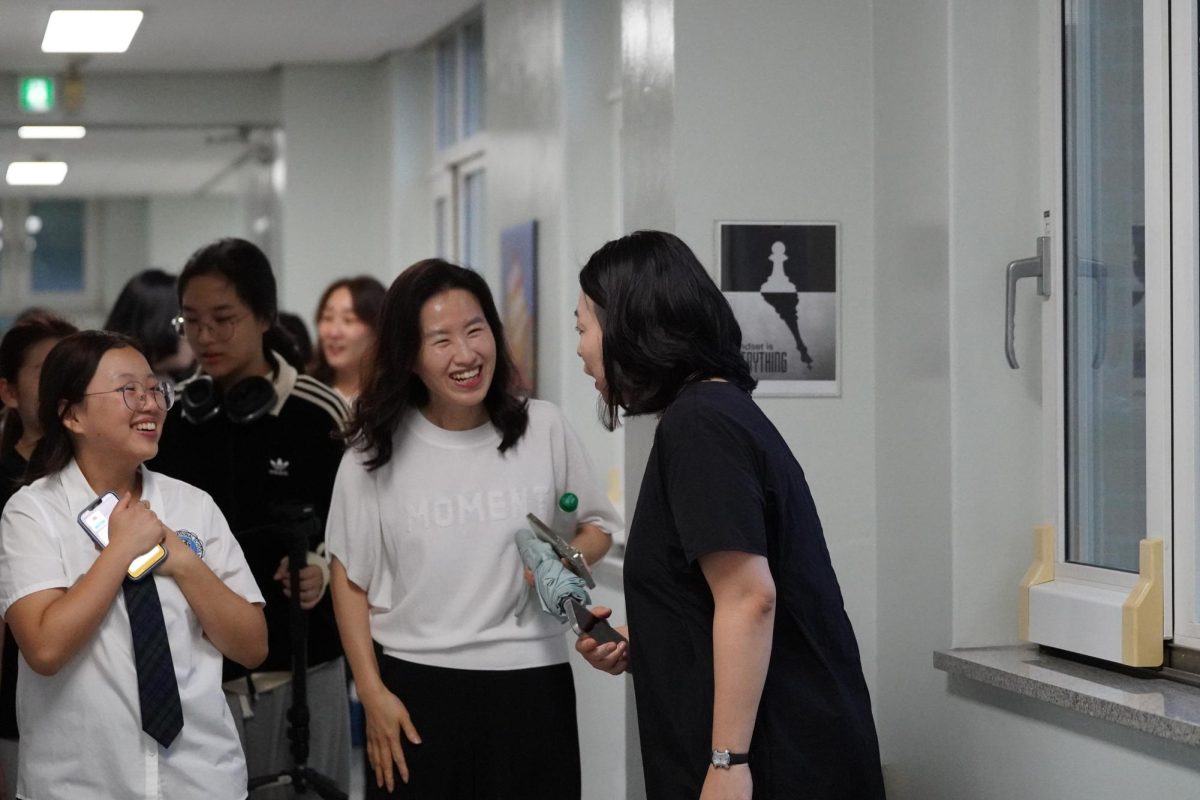







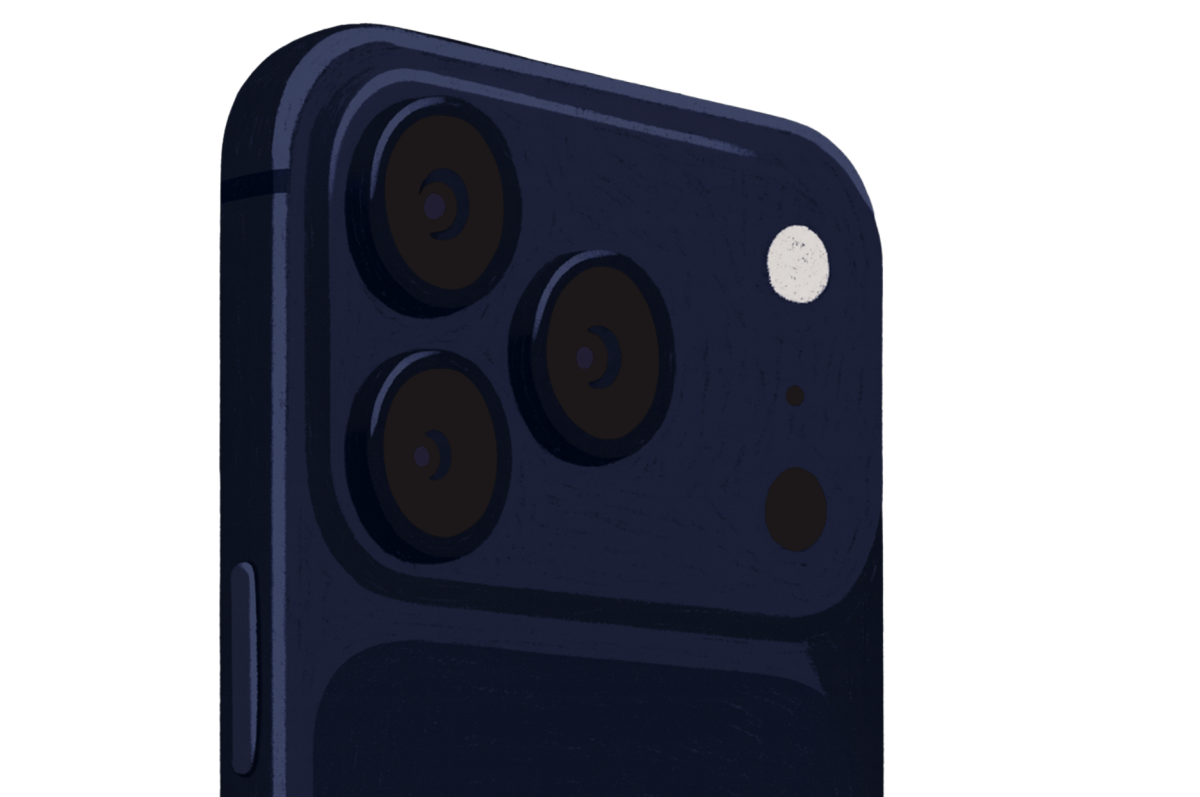
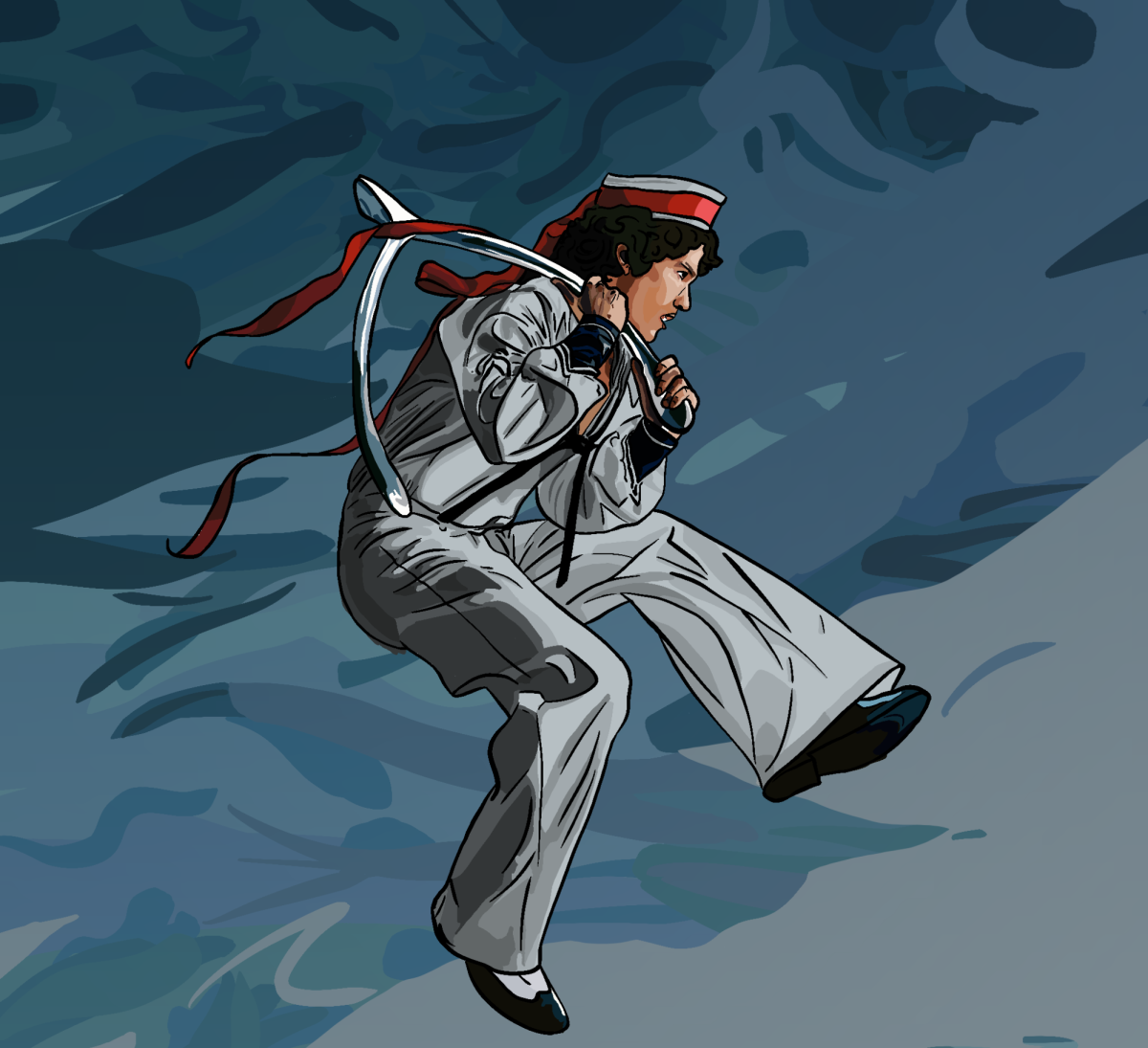

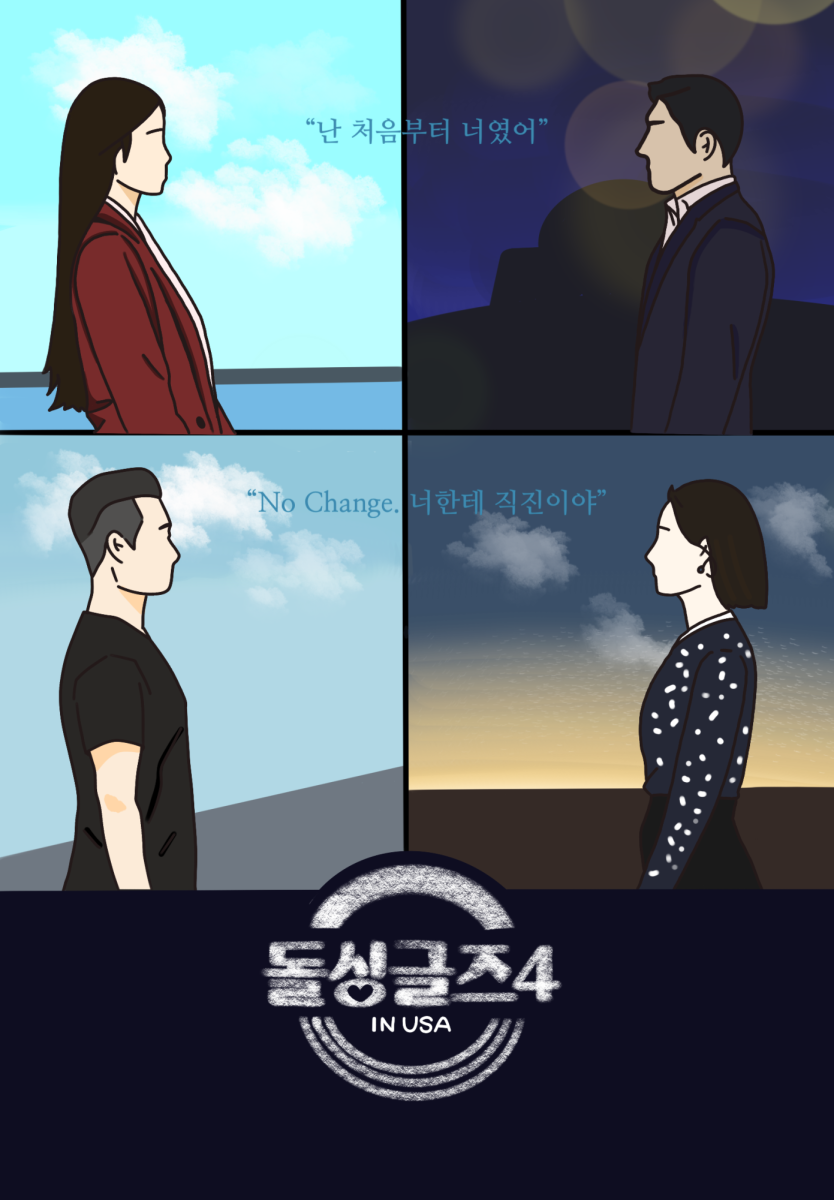






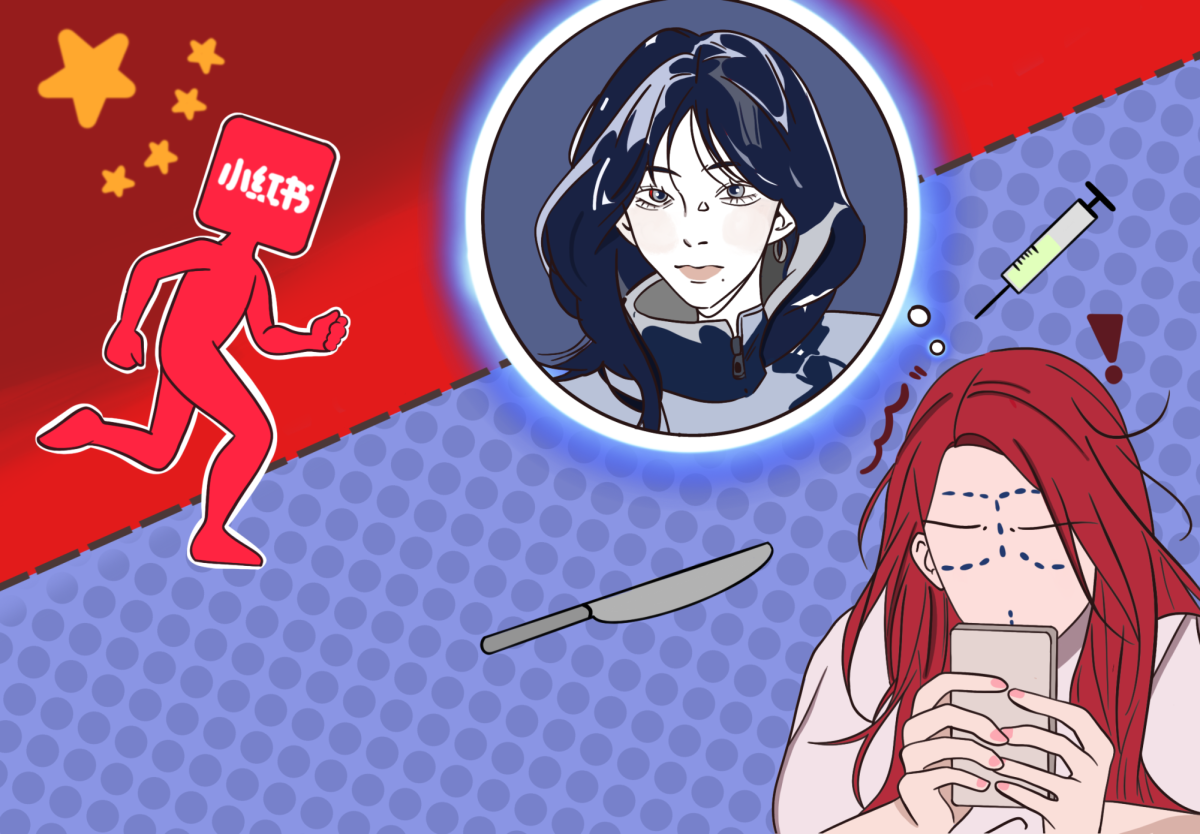








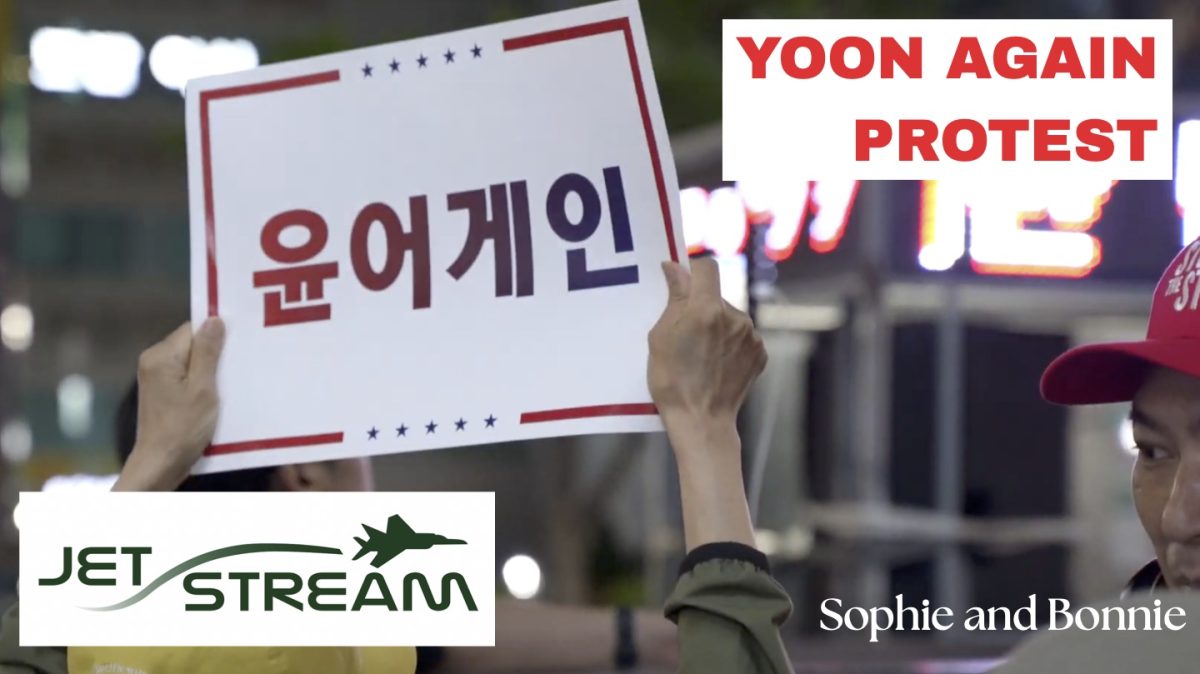




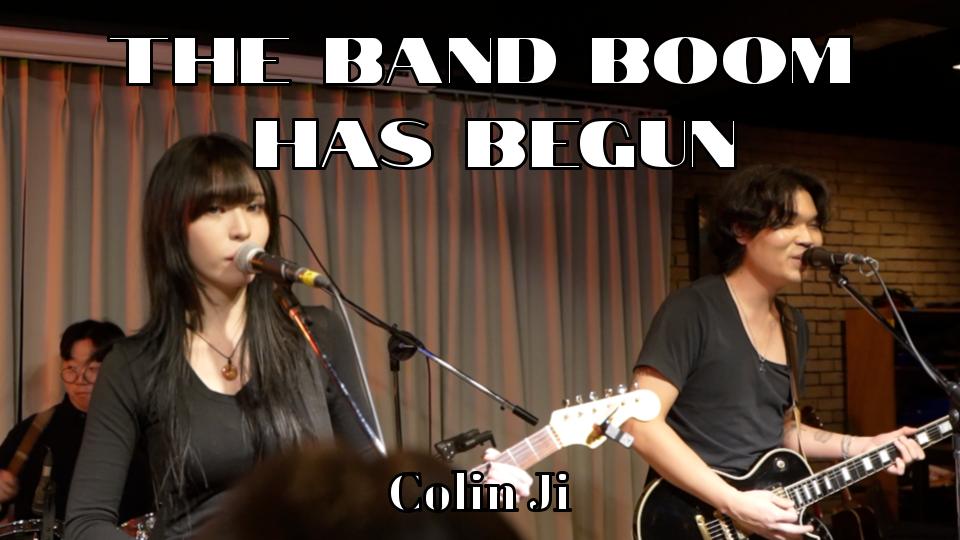







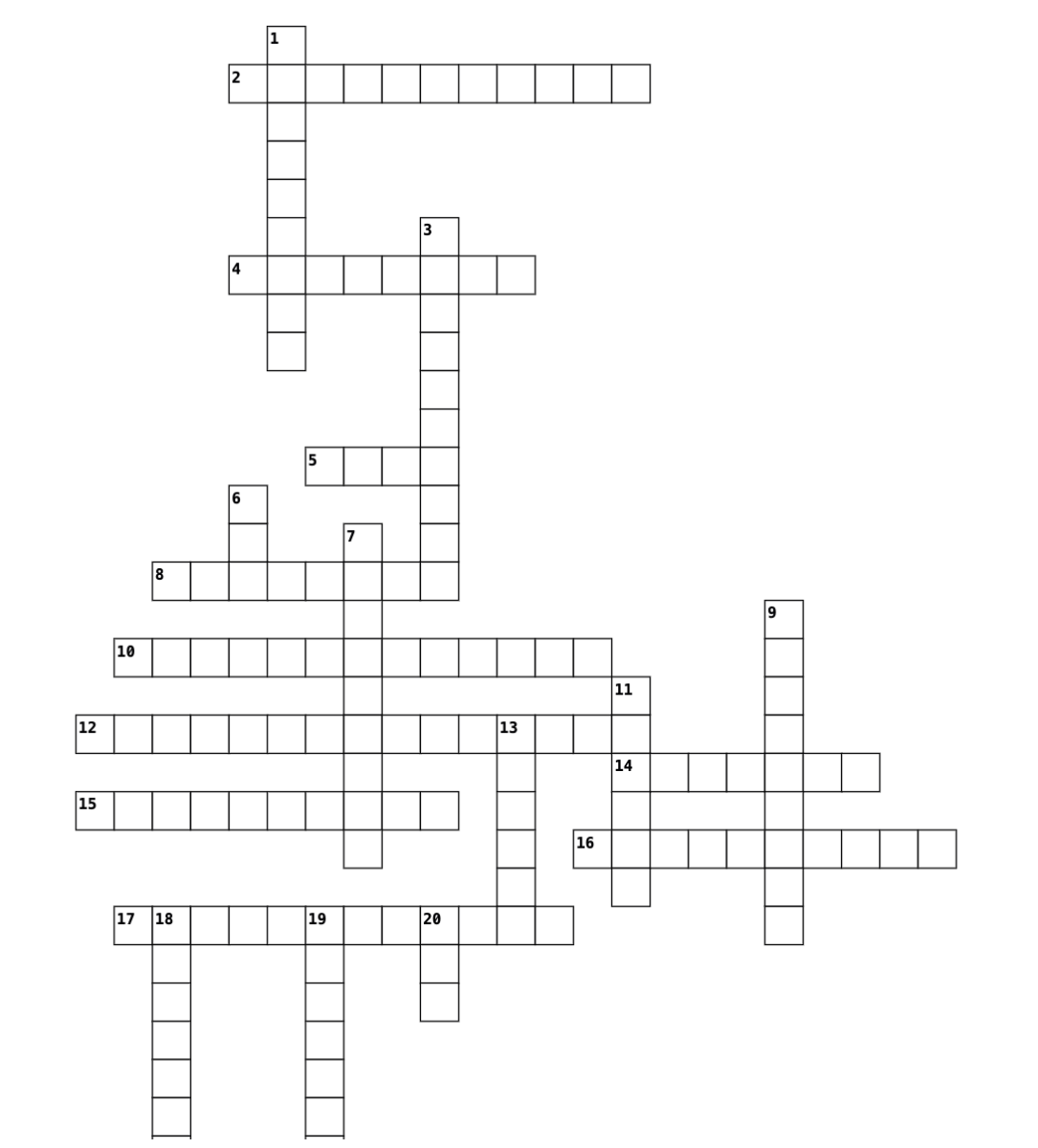
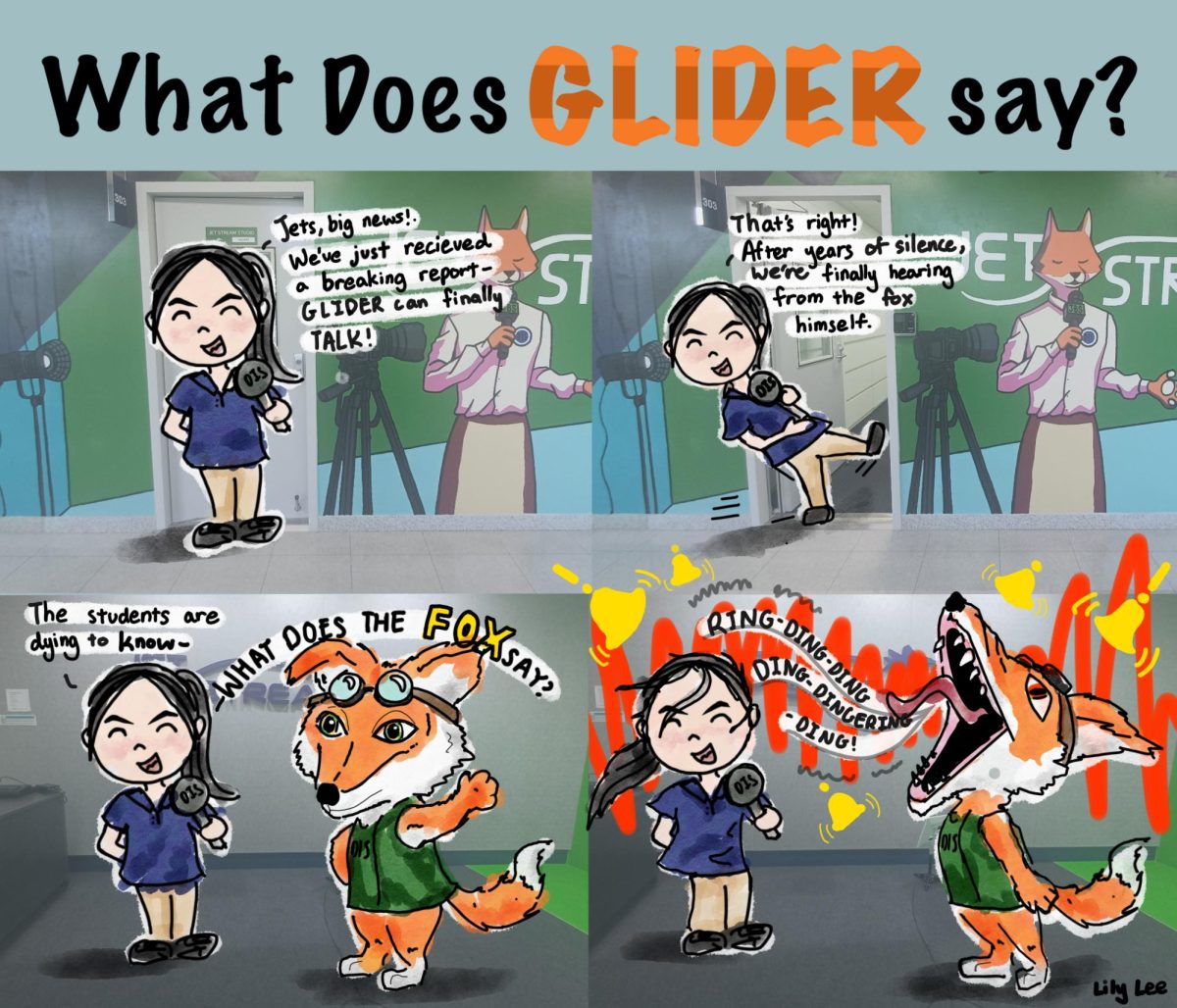
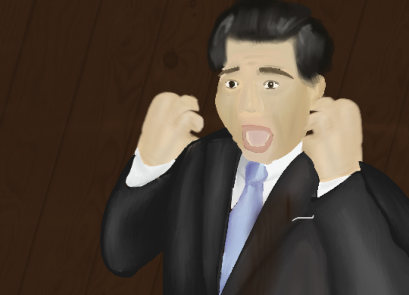
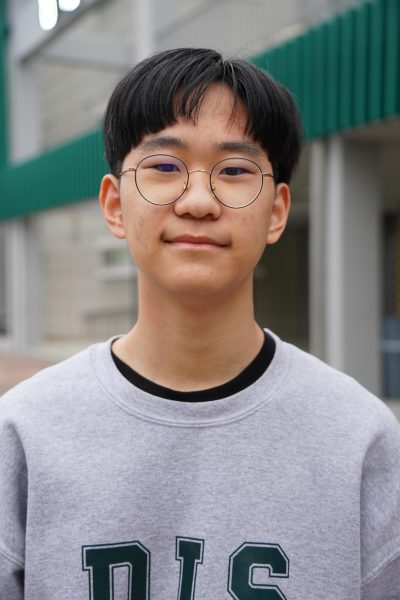


Bonnie Kim • Mar 20, 2025 at 8:14 am
Political memes might be a way for Korean teens to claim their places in politics, but from what I’ve seen, a lot of them are used as jokes or ridicule, as you mentioned. Many teens seem to express or settle their stances without much seriousness or even accurate info, which makes me wonder if this really is an ideal/appropriate way to form our political opinions.
Tommy Jang • Mar 19, 2025 at 7:27 pm
Great article Thomas! Political memes are great but we should all be careful about where memes are coming from.
Tommy Jang • Mar 19, 2025 at 7:25 pm
Great article Thomas! We should all be careful about where political memes are coming from.